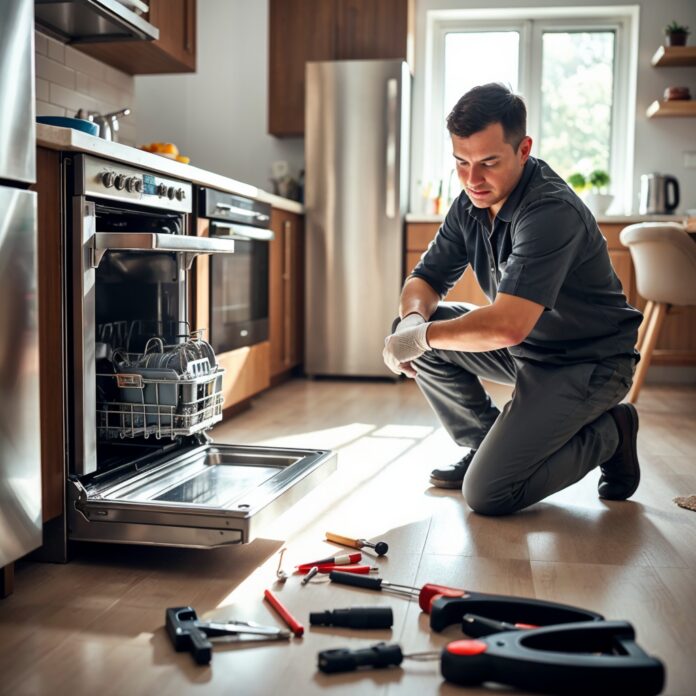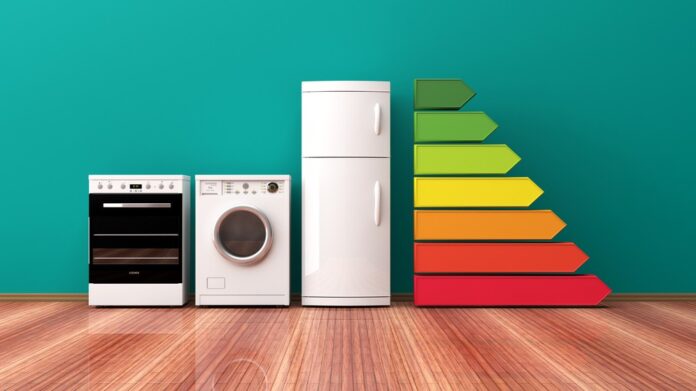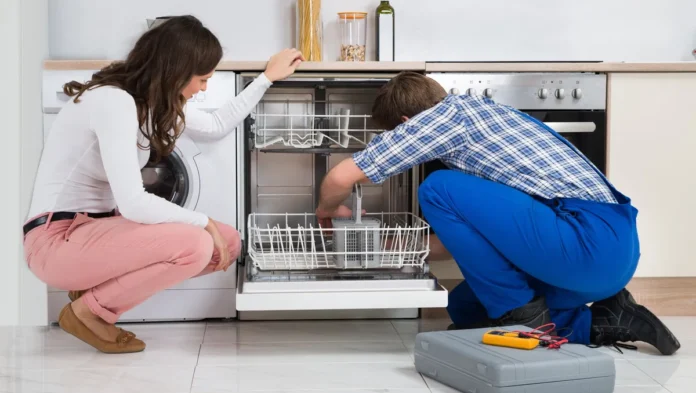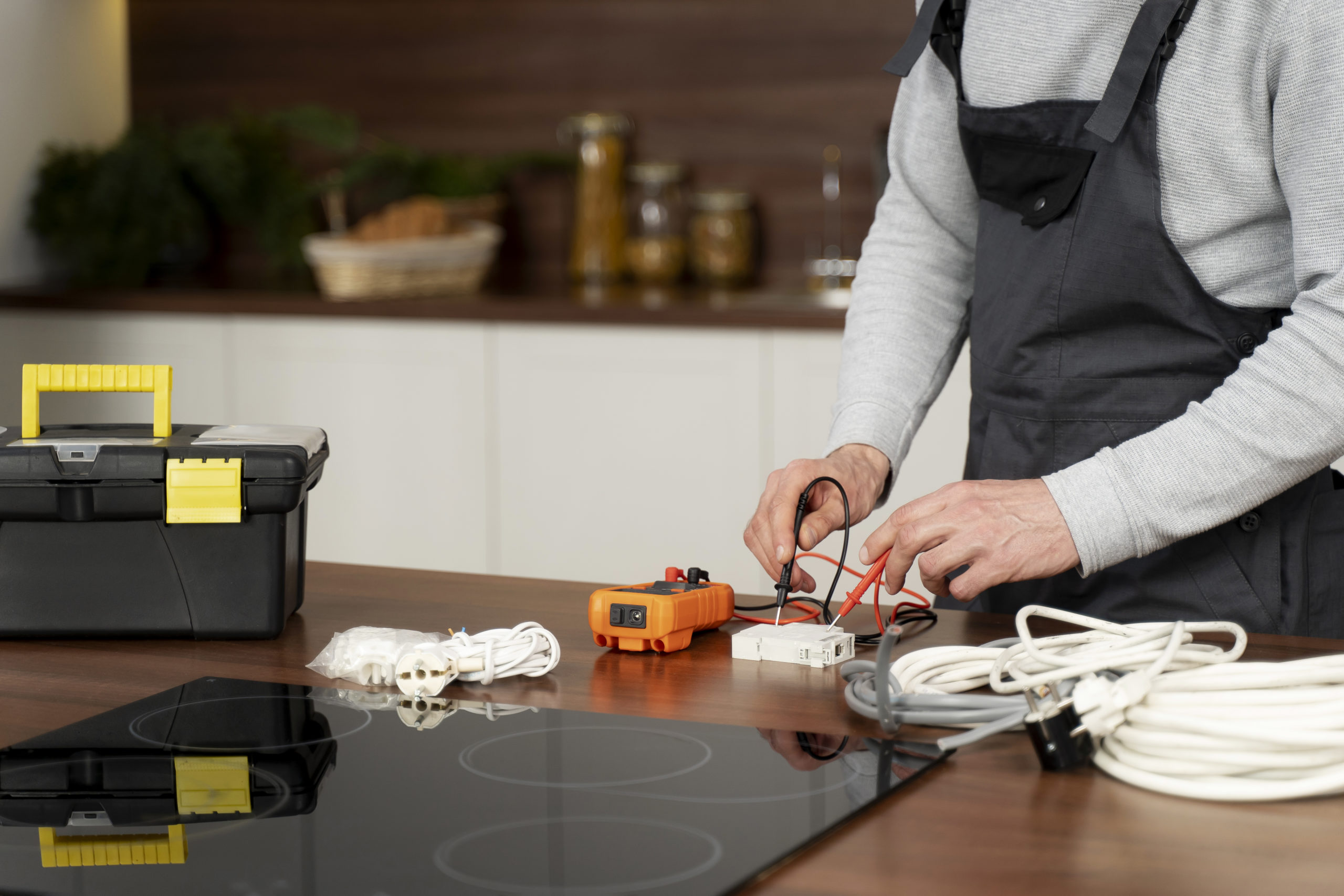As energy costs continue to rise and the effects of climate change become more apparent, many homeowners are reevaluating their household appliances. Older appliances, while often reliable and well-built, tend to be less energy-efficient than modern models. The question many people face is whether to repair their existing appliances or replace them with newer, more energy-efficient units. In this article, we will explore the factors to consider when making this decision, including the cost of appliance repair, energy savings, environmental impact, and more.
1. The Cost of Repairs vs. Replacement

One of the most immediate considerations when deciding whether to repair or replace an appliance is the cost. Repairing an appliance can often be a more affordable short-term solution, especially if the problem is minor. However, as appliances age, the likelihood of further breakdowns increases, which can lead to mounting repair costs over time.
– **Example**: If your refrigerator requires a $300 repair and it’s over 15 years old, you might find that investing in a new, energy-efficient model is a better long-term solution. New refrigerators can be purchased for $1,000 or more, but they often come with advanced features and significantly lower energy consumption, leading to savings on your utility bills.
2. Energy Efficiency and Long-Term Savings
One of the most compelling reasons to replace an old appliance is the potential for energy savings. Modern appliances are designed to be far more energy-efficient than those manufactured even a decade ago. The U.S. Environmental Protection Agency (EPA) and the Department of Energy (DOE) have established the ENERGY STAR program, which identifies appliances that meet or exceed energy efficiency standards.
– **Example**: An old washing machine might use up to 40 gallons of water per load, while a new ENERGY STAR-certified model might use as little as 13 gallons per load. Similarly, an older refrigerator could use 1,000 kWh of electricity annually, while a new model might use just 400 kWh. These savings can add up significantly over the lifespan of the appliance, making replacement a more cost-effective option in the long run.
3. Environmental Impact

Replacing old appliances with energy-efficient models is not only beneficial for your wallet but also for the environment. Older appliances are typically less efficient and can contribute to higher greenhouse gas emissions due to their increased energy consumption. By upgrading to energy-efficient models, you can reduce your household’s carbon footprint and contribute to environmental conservation.
– **Example**: If every household in the U.S. replaced their old, inefficient refrigerator with an ENERGY STAR model, the energy saved would be equivalent to taking millions of cars off the road for a year. This demonstrates the significant impact that energy-efficient appliances can have on reducing greenhouse gas emissions.
4. The Age of Your Appliance
The age of your appliance is a critical factor in the repair or replace decision. Appliances have a general lifespan, and once they reach a certain age, they become less reliable and more prone to breakdowns. Here are some general guidelines on the average lifespan of common household appliances:
– **Refrigerator**: 10-15 years
– **Washing Machine**: 10-12 years
– **Dryer**: 10-13 years
– **Dishwasher**: 8-10 years
– **Oven/Range**: 10-15 years
– **Microwave**: 7-9 years
If your appliance is approaching or has exceeded its expected lifespan, replacement is often the more prudent choice, especially if the unit is not energy-efficient.
– **Example**: If your dishwasher is 12 years old and needs a $200 repair, it may be more cost-effective to replace it with a new model that uses less water and electricity.
5. Availability of Replacement Parts
As appliances age, finding replacement parts can become more difficult and expensive. Manufacturers often discontinue parts for older models, making repairs more challenging. This is another factor to consider when deciding whether to repair or replace your appliance.
– **Example**: If your 15-year-old washing machine needs a new motor, but the part is no longer available, you may have no choice but to replace the appliance. Even if the part is available, the cost of sourcing it could be prohibitively expensive compared to purchasing a new, energy-efficient model.
6. Technological Advancements

In recent years, there have been significant advancements in appliance technology. Modern appliances come with features that not only enhance energy efficiency but also improve convenience and functionality. For example, smart appliances can be connected to your home’s Wi-Fi network, allowing you to control them remotely, monitor energy usage, and receive maintenance alerts.
– **Example**: A smart thermostat can learn your household’s patterns and adjust the temperature to save energy when you’re not home. Similarly, a smart refrigerator can notify you if the door is left open or if the temperature rises, preventing food spoilage and reducing energy waste.
If your old appliance lacks these modern features, replacing it with a newer model can provide added benefits beyond just energy savings.
7. Rebates and Incentives
Many utility companies and government programs offer rebates and incentives for purchasing energy-efficient appliances. These programs can help offset the cost of a new appliance, making replacement a more attractive option.
– **Example**: Some states offer rebates of up to $500 for replacing an old refrigerator with an ENERGY STAR model. Additionally, federal tax credits may be available for certain energy-efficient appliances, further reducing the overall cost of replacement.
8. Comfort and Convenience
Old appliances can be noisy, inefficient, and less convenient to use. For example, an older dishwasher might leave dishes wet or require pre-rinsing, while a new model could offer advanced features like steam cleaning, quieter operation, and better drying capabilities.
– **Example**: A new, energy-efficient washing machine might have a faster spin cycle, reducing drying time and saving energy. It might also come with customizable wash settings that cater to different fabric types, improving the longevity of your clothes.
The comfort and convenience provided by modern appliances can significantly improve your quality of life, making replacement a worthwhile investment.
9. Warranty and Reliability
New appliances come with warranties that can provide peace of mind and protect you from unexpected repair costs. These warranties typically cover parts and labor for a certain period, often ranging from one to five years. If your old appliance is no longer under warranty, you might find yourself paying for repairs out of pocket, which can add up quickly.
– **Example**: If your 12-year-old refrigerator breaks down and is no longer under warranty, you could end up spending hundreds of dollars on repairs. By replacing it with a new model that comes with a warranty, you can avoid these costs and ensure your appliance is protected for years to come.
10. Conclusion: Repair or Replace?

Deciding whether to repair or replace your old appliance is not always straightforward. It requires careful consideration of various factors, including the cost of repairs, the potential for energy savings, the age of the appliance, and the environmental impact. If your appliance is relatively new and the repair is minor, fixing it may be the best option. However, if your appliance is old, inefficient, and requires costly repairs, replacing it with an energy-efficient model is likely the smarter choice.
By upgrading to energy-efficient appliances, you can enjoy lower utility bills, reduce your carbon footprint, and take advantage of modern features that enhance your home’s comfort and convenience. In the long run, the initial investment in a new appliance can pay off through energy savings, reduced repair costs, and a better overall experience.
Whether you choose to repair or replace, it’s essential to weigh all the factors and make an informed decision that best suits your needs and budget. And remember, when in doubt, consulting with a trusted appliance repair professional can provide valuable insights and guidance.







